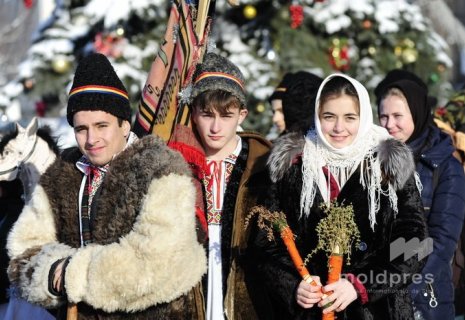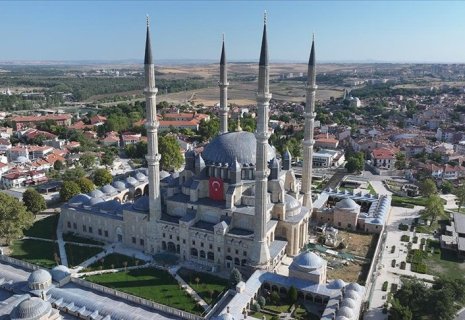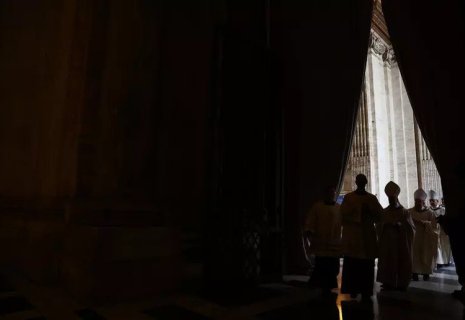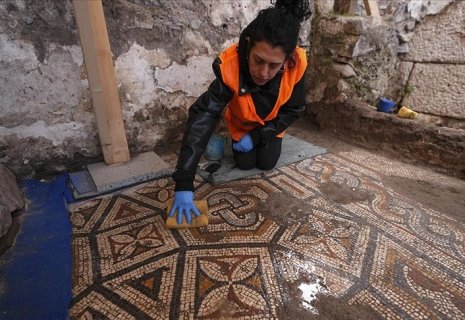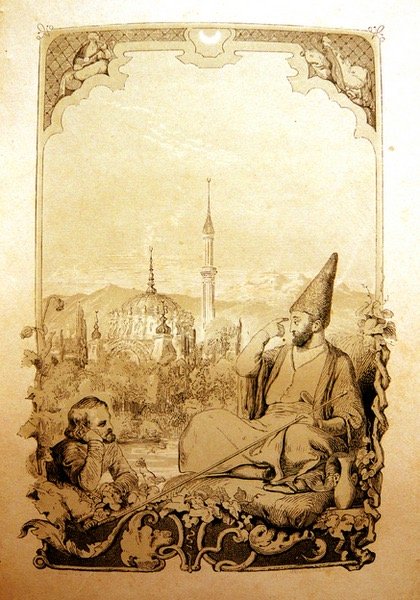
History of Vazeh and Bodenstedt evinces ancient cultural ties to Azerbaijan and Germany (PHOTO)
The tapestry of world culture weaves together the names of countless universally celebrated geniuses hailing from all corners of the globe. They are all cut from the same cloth, embodying timeless principles and universal truths that stand the test of time.
In the city of Payne (a town in Germany, a district center located in the Lower Saxony region), there is a sculpture depicting the famous German poet and translator Friedrich von Bodenstedt, sitting on a sofa and admiringly reading a book he wrote during his time in the Caucasus. In 2010, a memorial plaque dedicated to Mirza Shafi Vazeh (1794-1852) and his student Friedrich von Bodenstedt (1819-1892) was unveiled in the poet's hometown, initiated by the German-Azerbaijani Friendship Society, to honor the friendship and cooperation between the two cultures.
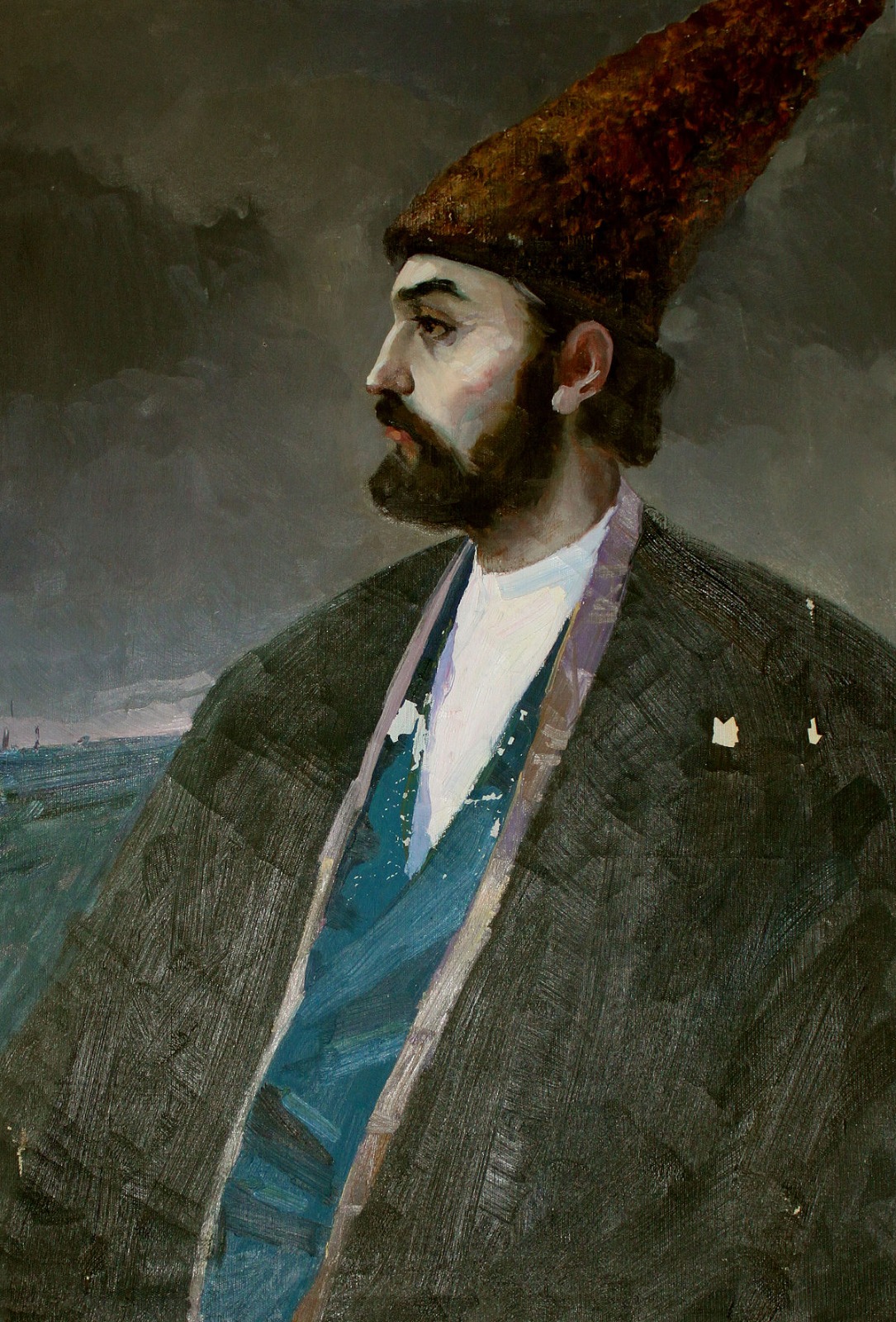
The story of Vazeh and Bodenstedt is one of the ancient symbols of cultural bridges between Azerbaijan and Germany.
From childhood, Bodenstedt was fascinated by studying the languages and literature of different peoples. He received an excellent education at the universities of Göttingen, Munich, and Berlin. In 1844, he accepted an invitation from the Caucasian governor-general, General Neidhardt, to take the position of director at the Teacher Training Institute in Tiflis, where he began studying Azerbaijani and Persian languages under the guidance of Azerbaijani poet Mirza Shafi Vazeh, who served as a teacher at the Tiflis garrison school. It should be noted that Friedrich had exceptional language skills, and before arriving in Tiflis, he was fluent in French, Russian, and Latin. When they met, Bodenstedt was 25 years old, and Vazeh was 50. This meeting was symbolic, as the teacher who taught his student would later gain worldwide fame thanks to him.

Vazeh was one of the most brilliant figures of Azerbaijani social and poetic thought in the first half of the 19th century, an enlightener, and the author of poems in the forms of ghazals, rubaiyat, and masnavi, written in the traditions of Azerbaijani classical poetry. He taught Eastern languages (Arabic, Persian) and calligraphy. Born in Ganja, he moved to Tiflis in 1940. He was born into the family of an architect; his family belonged to one of the noble and pious families of Ganja. His father, Karbalai Sadig, served as the chief architect-stonemason at the court of his childhood friend, the legendary ruler of Ganja, Javadkhan Ziyadkhanoghlu Gajar (1748-1804). Meanwhile, his real name was Muhammad Shafi. Mirza Shafi Vazeh was his literary pseudonym. This is because, while studying at the madrasa near the Shah Abbas Mosque, he achieved remarkable success in seven years of study. He memorized the entire Quran, mastered Arabic and Persian, became an expert in Eastern poetry, and became famous throughout the city for his beautiful handwriting. Later, he worked on private orders for copying and bookbinding the works of famous Eastern poets. The East soon called him "Mirza," a term for educated individuals with good writing skills. Moreover, he started experimenting with poetry at a young age, adopting the poetic pseudonym "Mirza Shafi Vazeh," which translates to "mediator, reconciler" and "vazeh" to "clear, obvious."
Such was the personality of the Teacher!
The lessons took place three times a week, and at the end of them, Mirza Shafi would perform songs of his composition for his "foreign" guest. The lessons were held in Vazeh's house, where he created a kind of literary salon called "Divani-Hikmet" (The Assembly of the Wise), which in the evenings was visited by many renowned poets, writers, and philosophers. All of Mirza Shafi's students noted his phenomenal memory, eloquence, and recitation skills, as well as his reverence and love for the works of the finest poets of the East, such as Nizami, Fuzuli, Khagani, Hafiz, and Khayyam. Meantime, Mirza Shafi, through his European students, became acquainted with the works of Shakespeare, Goethe, Heine, Schiller, and Byron. During this time, the diligent student Friedrich spent three years transcribing all the poems he had heard from his teacher into a notebook, which he took with him, and Mirza Shafi's gift—the large poetic notebook "The Key to Wisdom" with verses written in calligraphy.
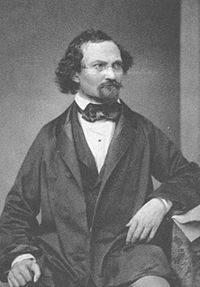
He traveled extensively in the Caucasus, Minor Asia, and Ukraine, and returned to Germany via Turkey and the Ionian Islands. His works, "The Peoples of the Caucasus and Their Wars of Liberation Against the Russians" (1848), detailed this journey. In 1850, he published a book in Berlin titled "One Thousand and One Days in the East," in which he discussed his mentor, Mirza Shafi, and presented a number of his poems in German translation. The book was a huge success, and the poems of the Azerbaijani poet sparked a widespread interest in the East in Europe, so much so that some printing houses began unofficially reprinting Vazeh's poems from Bodenstedt's book. Seeing such interest and excitement, a year later, Bodenstedt and the publisher released a separate collection of the Azerbaijani poet's poems under the title "Songs of Mirza Shafi." This edition was very successful in Europe and was republished many times, translated into several languages, bringing Bodenstedt worldwide recognition.
The poetry of the Azerbaijani poet, his "songs," was published 145 times over the 40 years following their publication in Germany in 1850 and 1851, translated into English, French, Russian, Italian, Spanish, and other languages, with a circulation of over two million copies—a huge number for those times, bringing the poet worldwide fame. And Europe learned of the genius of the East! The poems of Vazeh attracted the attention of such prominent composers as Franz Liszt, Edvard Grieg, Karol Szymanowski, Anton Rubinstein, and Pyotr Tchaikovsky, some of whom composed vocal works of various genres based on them. These works were performed by famous singers, including the legendary Fyodor Shalyapin. Leo Tolstoy and Ivan Turgenev spoke positively about Vazeh's works in their letters. On November 5, 1887, posters appeared on the streets of Berlin announcing that the operetta "Songs of Mirza Shafi" by composer Karl Millöcker (with the libretto written by Emil Poll) would be performed at the Friedrich Wilhelm Theater.
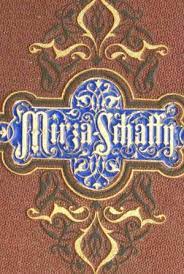
The popularity of these songs can be explained by the mastery of the language, the special Eastern coloring, and the good-humored wit of the author. In the 19th century, these poems were considered original works. Indeed, we should note the mastery of the German poet's translation. Furthermore, only Bodenstedt's translations have preserved many of the poems of Shafi, known as the "sage from Ganja" in Europe. Twenty years after Mirza Shafi's death, in the 1870s, Bodenstedt published the book "From the Legacy of Mirza Shafi." In fact, Bodenstedt popularized the Azerbaijani poet worldwide.
Even today, interest continues in the life and work of this outstanding poet, educator, enlightener, and philosopher, as well as in the unusual fate of his poetic legacy, which united the wisdom of Eastern and Western civilizations.
Many years have passed since then; generations have changed, but the names of Mirza Shafi Vazeh and Friedrich von Bodenstedt are forever inscribed in the histories of our countries!

